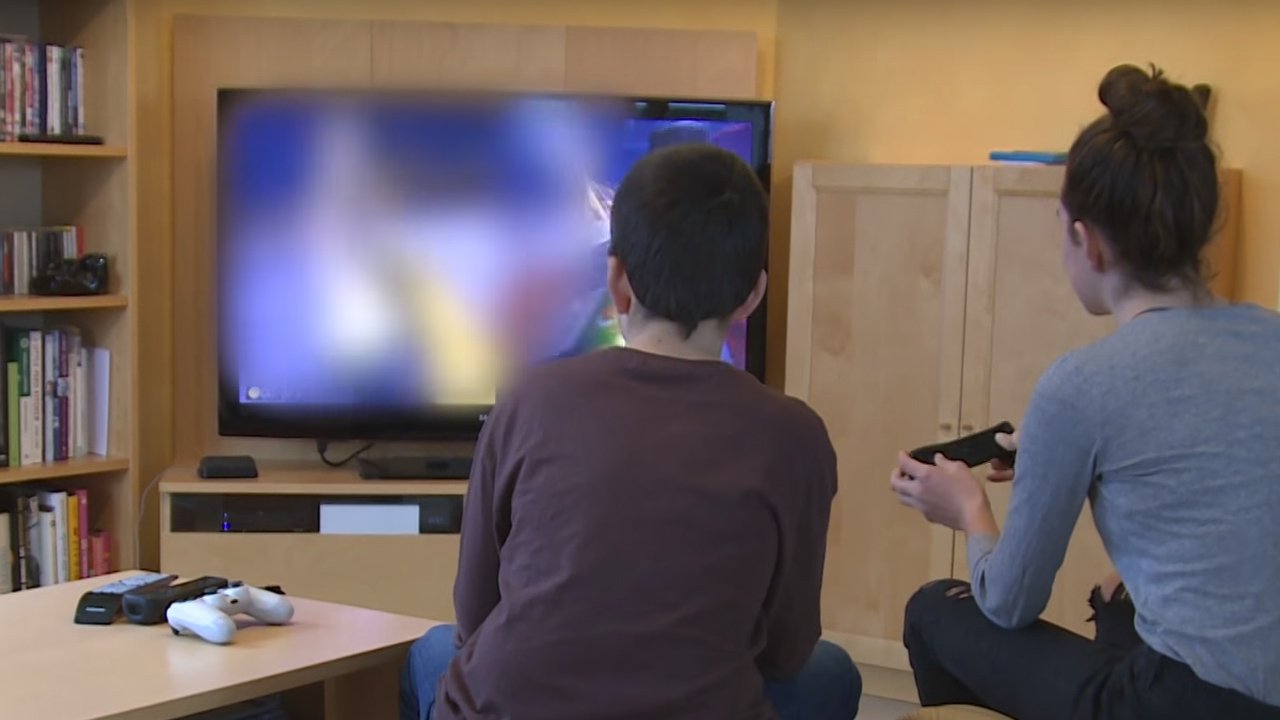The World Health Organization (WHO) is giving gamers something to think about beyond their digital screens, as the organization just added “gaming disorder” to their newest edition of the International Classification of Diseases.
Gaming disorder is listed in the “Mental, behavioural or neurodevelopmental disorders” category under “Disorders due to addictive behaviours.” The WHO cites that impaired control over gaming, increased priority giving to the activity, as well as the inability to stop gaming despite negative consequences, are part of gaming disorder.
The decision to include gaming disorder in the International Classification of Diseases was based on reviews and a consensus of experts from different disciplines. They were all involved in the WHO’s technical consultation process.
Neil Randall, the head of the University of Waterloo’s Games Institute, welcomes this classification, however, urges a reminder that a “gaming disorder” is a rare occurrence.
“The WHO designation is welcomed, primarily because video games can indeed tap into the tendency of some players to become immersed to the point of neglecting too many aspects of the world around them and the lives they lead,” Randall said.
“But it is important to remember that these are rare occurrences, and there is a vast difference between being willing immersed — think binge-watching on Netflix, for example — and the kind of over-compulsion in video games that can lead to self-destructive behaviour. Like all mental health conditions, this is complex,” he said.
Lennart Nacke, the director of the Human-Computer Interaction Games Group at the same university, believes more research needs to be conducted, as those involved in gaming may end up stigmatized.
“More research is needed to determine whether a gaming disorder is a stand-alone disorder or just symptomatic of other primary causes,” Nacke said.
“Classifying gaming as a disorder could do more harm than good because highly engage gamers could become stigmatized, and this could cause a moral panic leading to overdiagnosis in a medical context,” he said. “
The WHO also writes that the inclusion of “gaming disorder” in the International Classification of Diseases would result in raised awareness and eventually the development of treatments. This, however, is not only for gaming. For people whose health conditions are identical to those characteristics of “gaming disorder,” health professionals who become aware of the conditions would be able to better understand both treatment and prevention methods.
Christopher Perlman, from the School of Public Health and Health Systems at the University of Waterloo, is focussing on how healthcare data can be used to support the system’s decisions about mental health. He believes that it is important to recognize problematic video gaming, which is like problematic substance use, occurs when the activity severely impacts the person’s self-care, education, employment, family life, social life, or financial circumstances.
“Proper screening and monitoring tools can be helpful to identify early those whose gaming may become problematic, and to help get proper support for those whose gaming has become problematic,” he said.
As for the parents who may be worried that children may be affected by “gaming disorder,” Mark Ferro, Canada’s research chair in Youth Mental Health reiterated the conditions outlined by the WHO.
“As it relates to children and youth, parents should know that the classification of gaming disorder as a distinct mental health condition reflects compulsive video game playing and affects a very small number of young people,” Ferro said.
“It is when gaming results in impairment of daily functioning—particularly in the areas of academic performance and socialization in children and youth—that it may be problematic and parents may want to seek help from a health professional,” he said.
The eleventh edition of the WHO’s International Classification of Diseases will be presented at the World Health Assembly in May of next year to be adopted by Member States. It will come into effect on January 1, 2022.
Liked this article and want to read more like it? Check out Nathan Shubert’s article on the ESA’s response to the World Health Organization’s video game addiction classification.
Want to see more videos? Subscribe to our YouTube channel and check out the First 15: Fe, Monster Hunter World Beta: the Insatiable Nergigante, Dissidia Final Fantasy NT, Star Wars Battlefront II, Sonic Forces + Episode Shadow, and Super Mario Odyssey!
Don’t forget to tune in every Friday the Pixels & Ink Podcast to hear the latest news, previews, and in-depth game discussions!
Never miss when new CGM articles go out by following us on Twitter and Facebook!
CGMagazine is Canada’s premiere comics and gaming magazine. Subscribe today to get the best of CGM delivered right to your door! Never miss when a new issue goes live by subscribing to our newsletter! Signing up gives you exclusive entry into our contest pool. Sign up once, you’ll have a chance to win! Sign up today!




